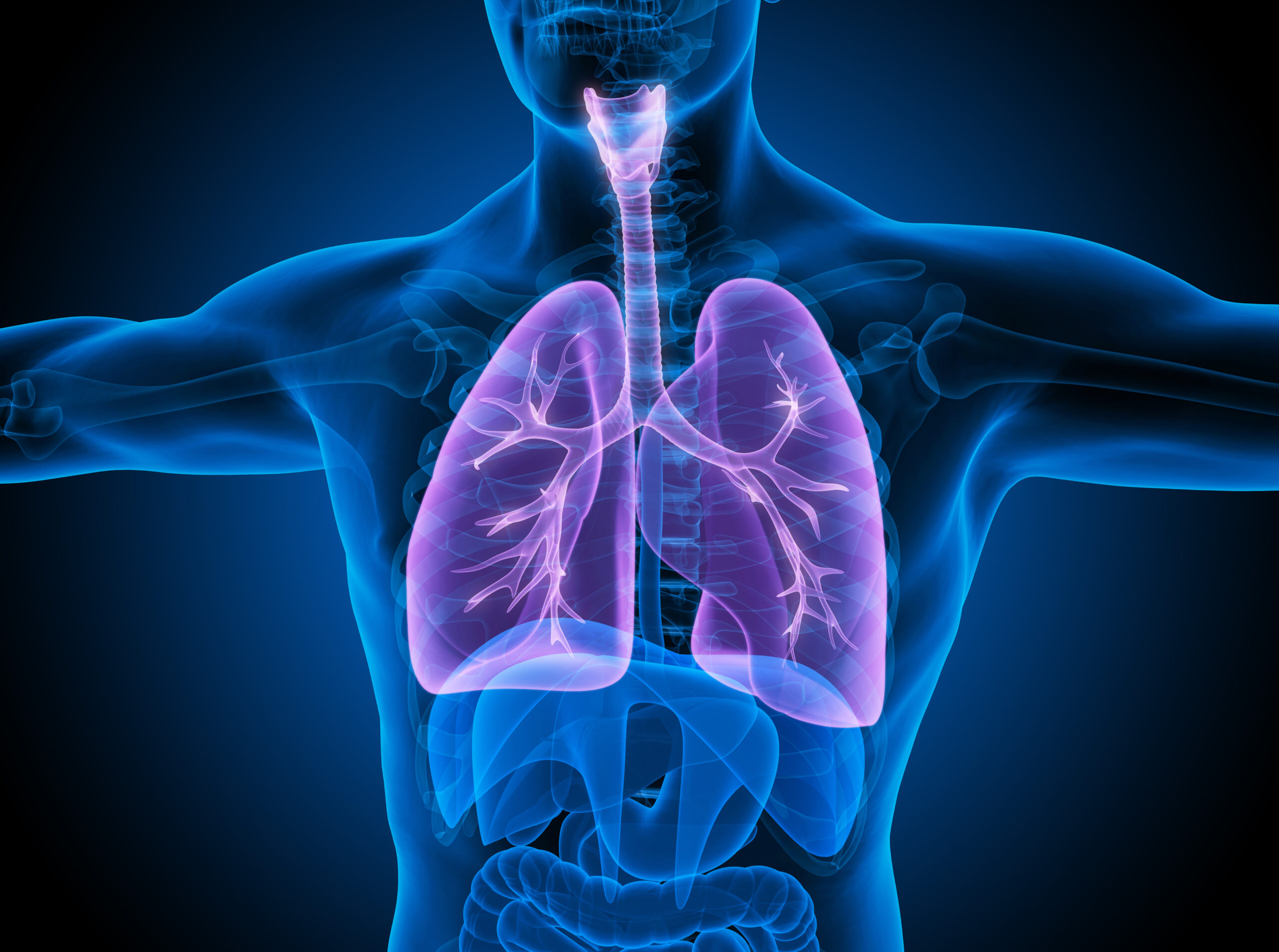
The Science & Research
Transformational Breath Foundation® are keen to build an evidence base for the breathwork offered to clients. Here are references for research supporting the use of diaphragmatic breathing – a major component of Transformational Breath®.
Approximately 1 in 10 people have symptoms of dysfunctional breathing (Thomas 2005) but we all have negative experiences and these can affect our breathing patterns (Upton 2012).
Studies have found that breathwork practices can help reduce symptoms associated with anxiety, insomnia, post-traumatic stress disorder, depression and attention deficitdisorder to name a few.
Dysfunctional breathing is related to:
- Decreased emotional wellbeing (Hagman et al. 2008).
- Poorer asthma control(Upton et al 2012).
- Decreased heart rate variability (HRV) (Courtney et al, 2011)a measure of the ability to adapt to stress and environmental demands.
Transformational Breath® encourages a conscious connected diaphragmatic breath. Diaphragmatic breathing may:
- Be employed as an effective therapy in reducing the oxidative stress which is implicated in the cause of many diseases(Martarelli et al, 2011).
- Improve gastroesophageal reflux disease(Eherer et al, 2012).
- Decrease pre-surgical mood-disturbance and increased immune functioning of cancer patients after surgery(Cohen et al, 2011).
- Improve the level of reported symptoms, quality of life and psychological impact of asthma (Bruton et al, 2011).
- Significantly improve HRV with a favourable prognostic picture in ischemic heart disease patients who have diabetes (Kulur et al, 2009).
- Be useful in migraine and had significantly better long-term prophylactic effect than propranolol in migraine(Kaushik et al, 2009).
Diaphragmatic breathing can also improve our well-being. It has been found to:
- Contribute to the development of alpha EEG connected with relaxed mental states in meditation(Arambula et al, 2001).
- Decrease stress levels (Christakis et al, 2012).
- Relieve ‘tension-anxiety’ and fatigue in patients with gynaecological cancer undergoing adjuvant chemotherapy (Hayama et al, 2012).
An adapted form of Transformational Breath® has been found to increase creativity (Colzato LS et al, 2012).
Information adapted from Transformational Breath Foundation® UK. Additional references available at Transformational Breath Foundation® International.
This information is intended for informational purposes only. It is not intended to diagnose, mitigate, treat or cure any disease or condition. No claims are made as to specific health benefits. Individuals should consult a qualified health care provider for medical advice. The user assumes all responsibility and risk for the use of the information.

